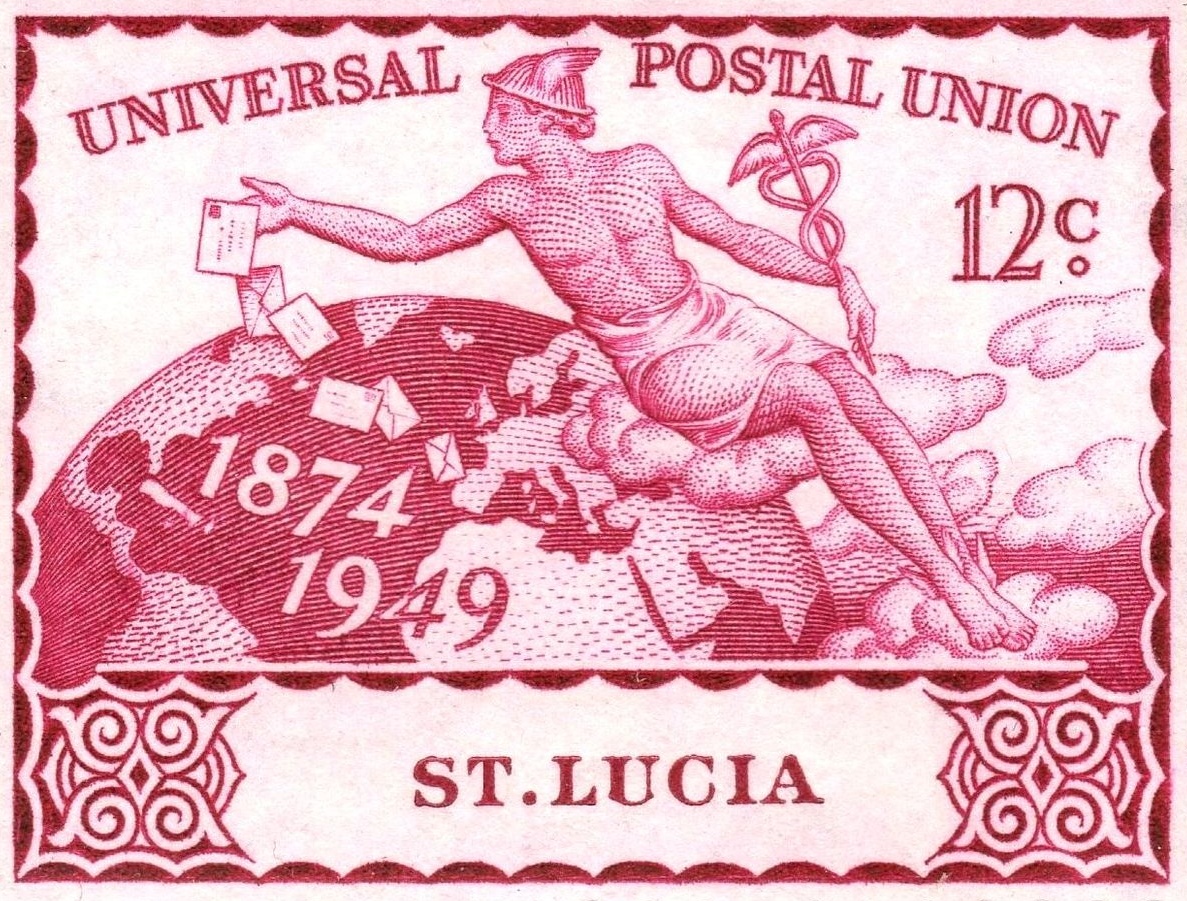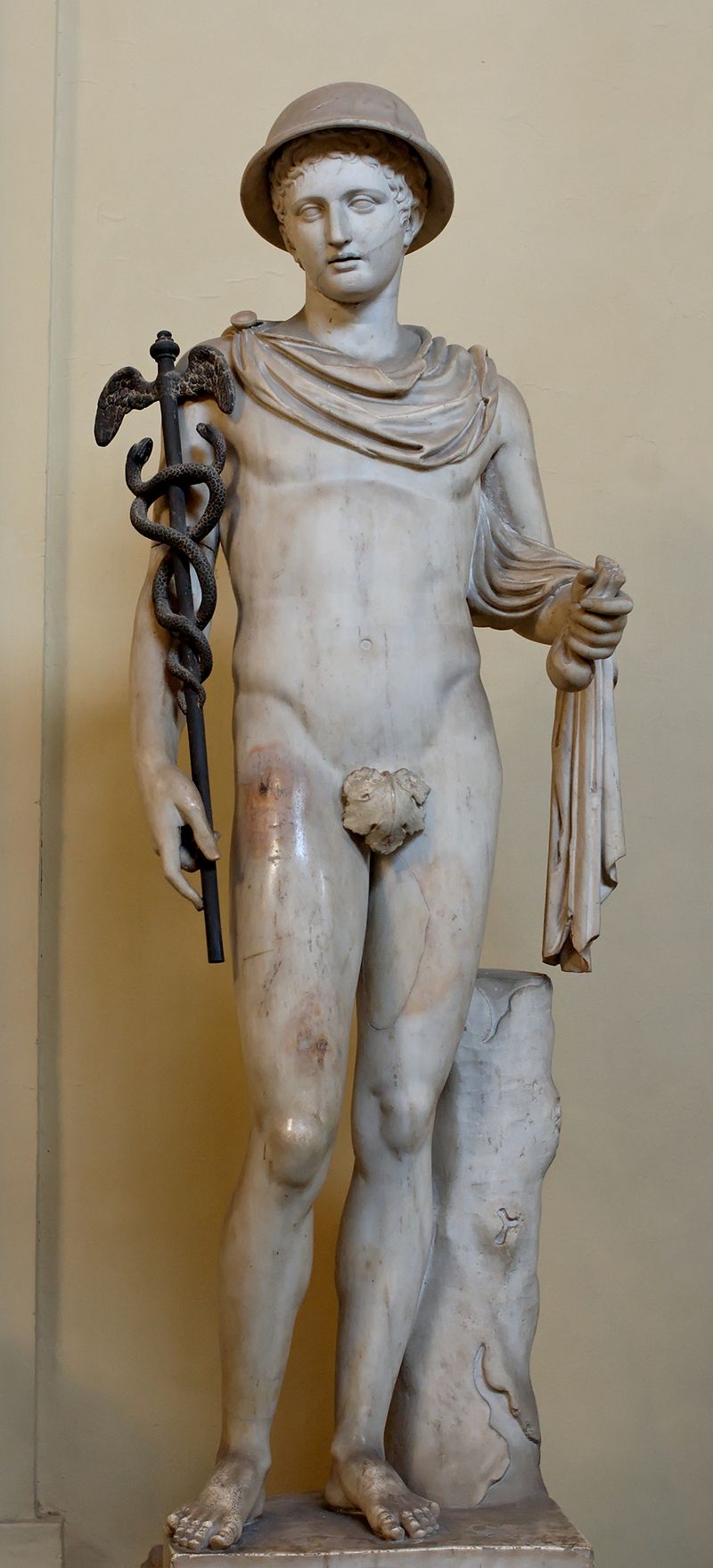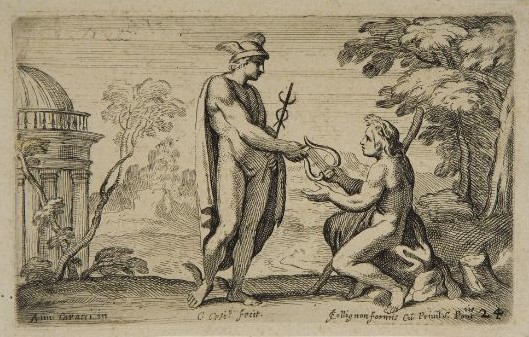With the summer going on, many mediation practitioners are enjoying well deserved holidays. Yet for some of them, even this period of year is time for some pondering over dispute resolution. Should you be one of them, you may find the story of two half-brothers in ancient Greece as an interesting hint. This is the same narrative I mentioned during my presentation at the First Symposium on Mediation, Arbitration and Shanghai Free Trade Zone Dispute Resolution that took place on 13th of July 2015 in Shanghai. The topic was interface between mediation and arbitration, thus the moral of the story was very fitting and hopefully, it provided the audience with some thoughts-provoking ideas and suggestions.
Like water and fire
Mediation and arbitration are by far two main and most used out-of-court dispute resolution procedures. At the first sight, they seem to have a lot in common: They both include third private party intervention; they both recognize confidentiality as one of their core principle and, comparing to litigation, they may be characterized as less formal and more flexible procedures shaped according to parties’ autonomy and free will.
Despite this, there is a huge gap in between them and, in fact, they are more like water and fire. These differences might be illustrated by an old Greek myth about a dispute that arose between two divine half-brothers – Apollo and Hermes. Both of them were sons of mighty Zeus, the god of sky and thunder and the ruler of the Olympian gods.
Whereas Apollo has been recognized as an ideal of a beardless, athletic youth gentleman who was a god of music, truth, prophecy, healing, the sun, light, and poetry, Hermes played the role of black sheep of Olympian family. He has been a protector of businessmen and negotiators, but also of the traitors and thieves. Further, he was known to be a cunning trickster, since his unconventional hobby was stealing things from the other Greek gods and hiding them in unbelievable locations.
God of the traitors
Anyway, Hermes was an amazing baby since his very first days. Once, when he was still an infant, he went out of his cradle and after a few trials began walking along the soft sand. As he was obviously very skilful and talented child, he easily crafted a wonderful lyre from the turtle shell he had found on the coast. It was an amazing magical musical instrument with each string giving a different tone; this one sad and that one melancholic…
Much pleased with his work, he continued his journey. Suddenly he chanced on the cattle of his half-brother Apollo. An idea how to enrich himself crossed his mind. One by one, he started pulling the hoofs out of the cows’ feet and re-attaching them in the reverse order so the tracks would give the impression of the herd being driven in opposite direction. Once he finished, he did the same with his own sandals. Then he drove the herd back towards his cave.
Drawbacks of Olympian arbitration
Apollo was not a beginner in the plots of Olympian gods and he quickly realized what happened. He tracked the herd down and arrived to the cave where he found his little half-brother sleeping in a cradle. This led the god to despair. How can a baby steal a herd? Finally, Apollo called mighty Zeus to judge this dispute.
During the trial, Hermes first denied everything. He argued that the tracks were directing in other direction, that he was too little to steal anything, that his step-brother accused him just because he had been envious… The trial lasted for ages and Hermes did his best to convince the arbitrator to rule in his favour… But it was very difficult to outwit the omniscient master of all gods; and in the end, he had to confess his offence. Anyway, Zeus found the story amusing so he did not punish Hermes. Yet, he rendered a decision obliging him to return the herd back to Apollo.
As for now, we can see the arbitration proceeding going smoothly. I am saying arbitration, not litigation, for we cannot consider Zeus as being a full-time employed judge but rather as private person chosen to decide the dispute of two different private parties (no matter that all of them were gods…). As we have seen, in the end of the day, Zeus rendered an award that finally and bindingly decided the matter according to the law. He has, however, unintentionally let the parties with their conflict. And this was not the only drawback of this proceeding: Obviously, the relationship of two half-brothers was not the best at the moment. Furthermore, according to the legend, the trial took several days, may be months and, despite the fact, the story does not tell us about the cost of arbitration, we may consider it was not very cheap. Do not forget that the parties had chosen the most experienced arbitrator on the mount Olympus to decide their case…
Negotiation Picking Up the Baton
And now, the bright moment of consensual dispute resolution appeared. Being sad that his first enterprise had failed, Hermes sat down and started to play on his lyre made from the turtle very sad and moving tune. Apollo was astonished by the lovely and melancholic performance. He asked his little half-brother: “For what would you exchange this wonderful lyra?” Clever Hermes saw the opportunity: “For the herd I just lost!” Apollo amused by the wit of his small brother agreed. And as a gesture of good will, he gave Hermes a golden shepherd staff to guide the cattle. From that moment on, Hermes and Apollo have become best friends.
And here is the moral: Although the matter was decided correctly according to the law in the arbitration, it did not accommodate the basic needs and interests of the parties. Whereas Hermes needed to secure his living and start his future business career, Apollo, as a god of poetry and culture was definitely not so much interested in agriculture and breeding. Yet the award let the first one empty-handed and the other one with herd he was definitely not a great fan of. To the contrary, the negotiation that started right after the award had been rendered, proved to be an efficient way that met all the parties’ expectations.
Apollo was happy with his new acquisition to his music instruments collection and Hermes was able to start new business in cattle export. Everybody was pleased…And as a surplus, the two brothers became very good friends… This story proves that already ancient Greeks’ wisdom understood the advantages of consensual dispute resolution and saw possible disadvantages of adjudicatory proceedings.
Shepherd Staff as a Symbol of Negotiation
As already mentioned, upon the conclusion of the agreement, Apollo handed the golden shepherd staff called caduceus over to Hermes as a proof of their friendship. It was a short stick entwined by two serpents surmounted by wings. Since that time, Hermes has always carried it and it shortly became his attribute. Thanks to it, all Hermes’ statutes are easily recognizable. Sometimes caduceus is used incorrectly as a symbol of healthcare and medical organizations. This is because of confusion with the traditional medical attribute, the rod of Asclepius, which has only one snake and is never depicted with wings.
In fact, caduceus became a symbol of business and negotiation. And it is worth mentioning, especially for all the mediation and dispute resolution practitioners, that, according to the legend, every disputant who touches it will settle. In this regard, the two interlaced serpents sharing one staff may also symbolize mediation and arbitration that share a lot in common and yet they differ in substantial way…
In the speech given in connection with the First Symposium on Mediation, Arbitration and Shanghai Free Trade Zone Dispute Resolution in Shanghai, I further addressed the different ways how mediation and arbitration may interfere, such as use of baseball arbitration in context of mediation and mediation windows and settlement tensions in context of arbitration. Should you be interested in this, you may download my ppt. presentation here or send me an email at svatosmartin(at)forarb.com. Anyway, I am sure I will write a blog post on this interesting topic later this year.
________________________
To make sure you do not miss out on regular updates from the Kluwer Mediation Blog, please subscribe here.







“Apollo, as a god of poetry and culture, was definitely not so much interesting in agriculture and breeding.”
Paradoxically, Apollo was also a pastoral god—the patron of shepherds and herdsmen as well as the protector of herds, flocks, and crops from predators and disease. I believe he was also the herdsman of the gods before Hermès.
*Hermes